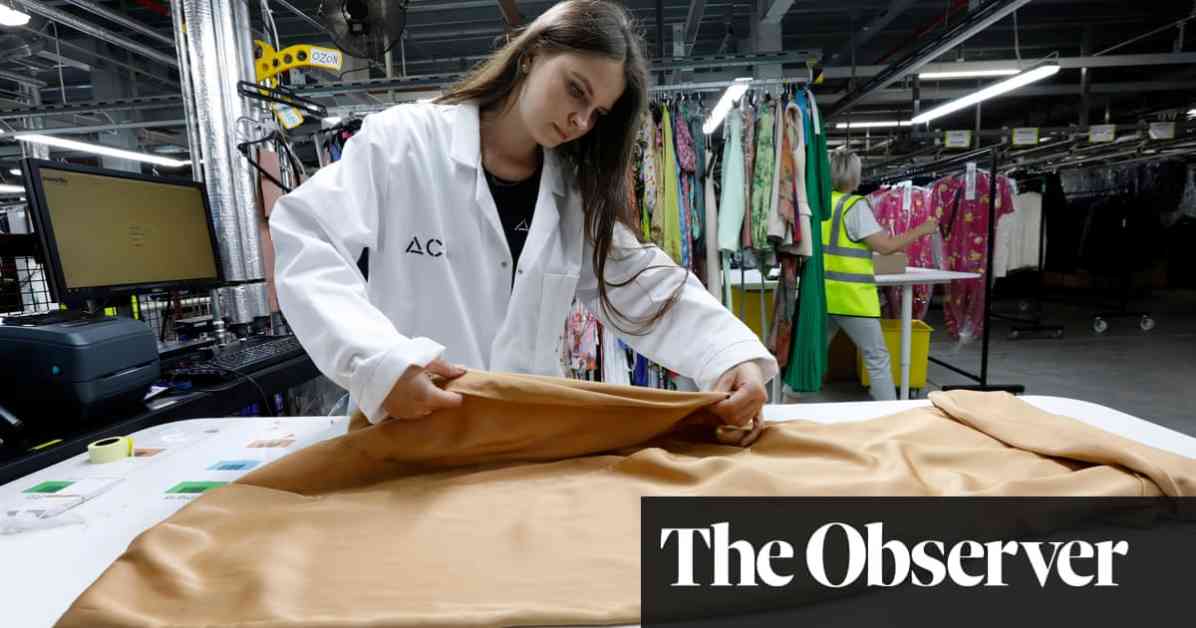Revolutionizing the Returns Industry
In a world where e-commerce reigns supreme, the returns industry has been facing a significant overhaul to reduce waste and turn a profit. As major retailers like Next and John Lewis opt for online sales over traditional Boxing Day in-store events, the returns process has emerged as a crucial part of the consumer experience.
From Waste to Wealth
According to ZigZag Global, online shopping returns are projected to exceed £27bn in the UK this year, highlighting the sheer volume of items being sent back. With more than half of clothing purchases being returned, retailers are facing challenges in managing the logistics of processing these items efficiently.
Transforming Sustainability in Fashion
Dr. Talia Hussain of Loughborough University London emphasizes the environmental consequences of returns, such as increased traffic and emissions, as well as the potential lack of reuse in packaging. Companies like ACS and (Re)vive are leading the charge in transforming the returns process by repairing and reselling items to reduce waste and promote sustainability in the fashion industry.
A Personal Touch
Allison Lee, CEO of (Re)vive, shares a personal insight into the complexities of the returns journey, highlighting the challenges faced by consumers and brands alike. By focusing on repairing imperfect items and promoting circularity in fashion, (Re)vive aims to give these products a second life while making returns more sustainable and financially viable.
As the returns industry continues to evolve, companies like ACS, (Re)vive, and ZigZag Global are at the forefront of revolutionizing the process to meet consumer demands for efficiency, sustainability, and profitability. With a growing emphasis on reducing waste and promoting circular fashion, the returns industry is poised for a transformation that benefits both retailers and the environment.














